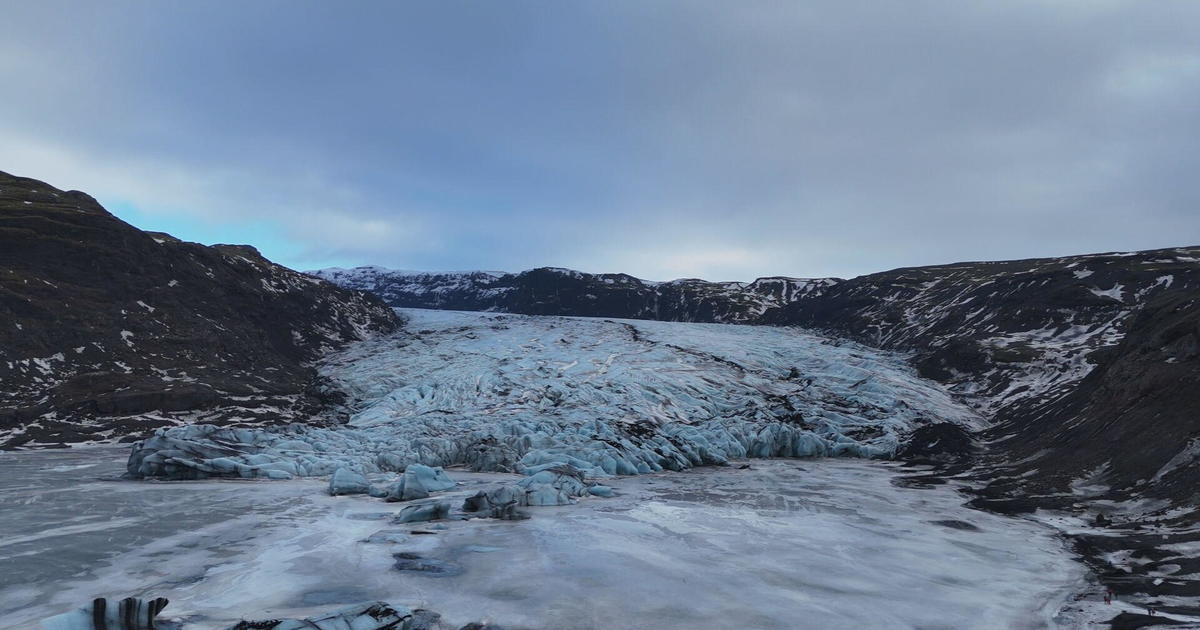What is the impact of rising groundwater levels in Massachusetts? Researchers looking for your help
AMHERST - A professor at UMass Amherst is asking for people's help as his team researches the impact groundwater levels are having in Massachusetts.
Massachusetts is coming off one of the wettest years on record and one of the wettest winters on record, and we are now in one of the wettest Marches to date. It's no secret that our seas are rising and as of late, so are our rivers. One UMass Amherst professor is sounding a new alarm – a rising water table.
Groundwater levels are rising
David Boutt is a professor of hydrology at UMass Amherst. He's part of a team that's investigating our rising groundwater levels, which he says has been rising for the last 40 to 50 years. They have been digging into what that means with respect to climate change and hydrological change in the northeast.
In 2023, it seemed like every other week there was a flooding concern. Flash flooding caused massive damage in Leominster and Attleboro, and state-wide, plenty of homes were impacted.
"I often field calls from homeowners that are saying I've never had water in my basement. I've got these flooding issues, I'm trying to understand what's going on. I never had water in my basement but now I do," Boutt said, recalling conversations from his field work.
As is the case with a lot of meteorological variables in New England, there is a tremendous amount of hydrological data dating back to the 1940s but much of that data isn't where people live.
That's where YOU come in.
How you can help the groundwater research
Boutt and his team created a Google Form for a survey where you can enter your own data.
"It probably takes a few minutes out of your time to respond to. We asked a few questions just about, like, have you experienced wet conditions on your property or in your basement, which months of the year," said Boutt. The data his team collects will go into predictive models they're building.
Extreme years like 2023 may be the new normal in the future, so your neighborhood may help answer important questions, like "how do we best invest in infrastructure projects that take into account [this flooding]," added Boutt.
Boutt also told WBZ TV he's very interested in seeing how rising sea levels contributes to rising water tables – something called "salt water intrusion." A dual threat for coastal communities.




